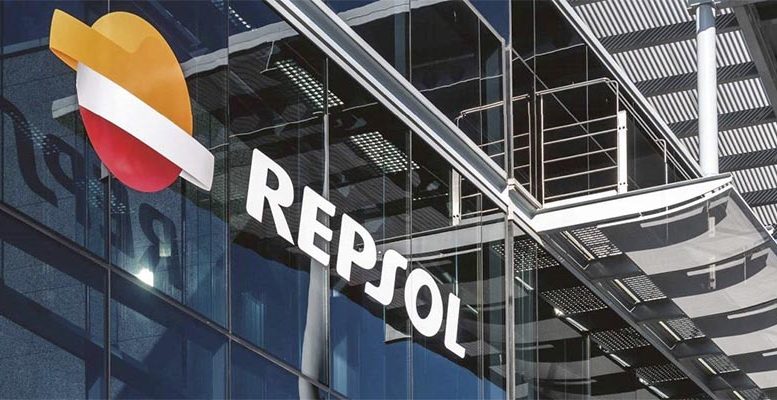Repsol has produced, at its Petronor Industrial Complex in Bilbao Spain, the first batch of aviation biojet fuel, a sustainable fuel obtained from waste. This important milestone in the production of fuels with a low carbon footprint represents an evolution in the decarbonisation of air transport fuels, a segment where electrification is not viable at the moment. The batch consists of 5,300 tonnes of sustainable fuel, the use of which will avoid the release of 300 tonnes of CO2 into the atmosphere – equivalent to the CO2 released by 40 Madrid-Bilbao flights.
This is the third time Repsol has produced biojet fuel in Spain after the manufacture of two other batches at the Puertollano and Tarragona refineries, in mid-2020 and early 2021 respectively, where biomass was used as raw material. In the recently manufactured batch, however, waste has been used as raw material, thus integrating circular economy tools into the process.
The aviation sector is moving decisively towards decarbonisation through the use of biofuels. The International Air Transport Association (IATA) has set itself the target of zero carbon emissions growth from 2020. In order to achieve this goal, it is developing various initiatives, including the use of different sustainable fuels, such as biofuels and advanced biofuels produced from waste because of their high contribution to CO2 reduction.
Repsol, whose ambition is to lead the energy transition, is fully aligned with all these initiatives and announced last year that it will build Spain’s first low-emission advanced biofuels plant in Cartagena with capacity to produce 250,000 tonnes of hydrobiodiesel, biojet, bionaphtha and biopropane from waste per year. In addition, among its objectives, set out in its 2020-2025 Strategic Plan, is the production of 1.3 million tonnes of sustainable biofuels in 2025 and more than 2 million tonnes in 2030.





